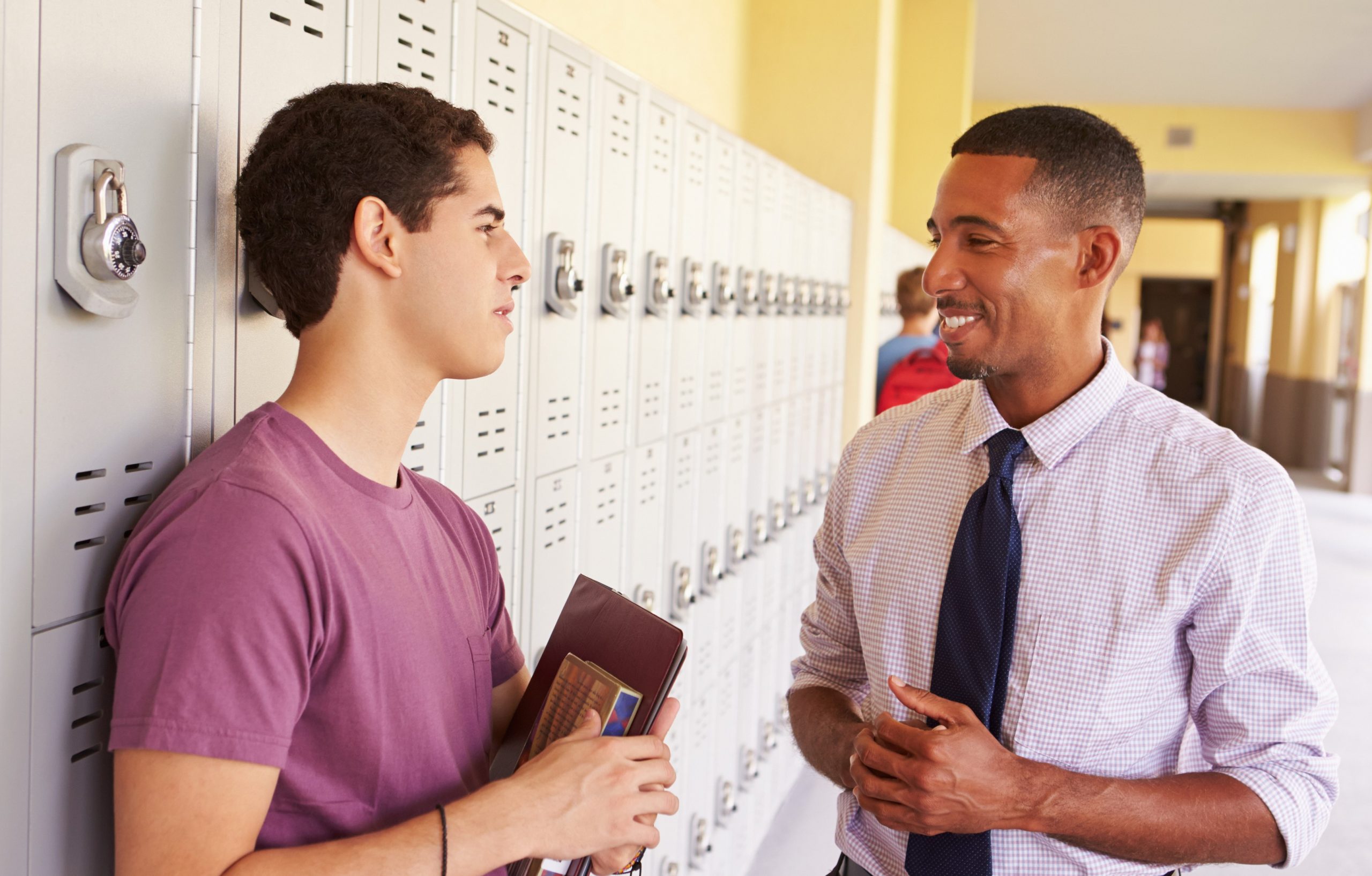Facing Challenges
Students who are in concussion recovery may face certain challenges as they attempt to continue their studies in the days and weeks after injury. The best management of these injuries requires intervention by a school at several levels.

Academic Support During Recovery
Post-concussion symptoms will often interfere with a student’s ability to do academic work:
- Physical symptoms such as headache, dizziness, ringing in the ears, and noise or light sensitivity may make it difficult to participate in the classroom or complete homework
- Fatigue and sleep disruption may leave the student without the mental energy to participate in a full day of class work and evening studies.
- Cognitive deficits, mainly involving difficulty focusing and remembering new information, may still be present even after there are fewer persisting physical symptoms.
- Irritability and moodiness some recovering students experience may add stress to relationships with peers and parents.
Post-concussion symptoms will often interfere with a student’s ability to do academic work:
- Initially getting enough rest from physical activity and schoolwork while symptoms are highest.
- Developing a plan for temporary school accommodations to support the recovering student in keeping up with academic demands in a way that does not overstress cognitive functions and unwittingly worsen symptoms.
- Gradually returning to normal activities and the normal pace of schoolwork as symptoms subside.
- Irritability and moodiness some recovering students experience may add stress to relationships with peers and parents.
Implementing an Accommodation Plan
Student athletes recovering from a concussion are best supported in making the safest, fastest recovery when they receive a consistent message from their athletic staff, academic faculty, parents, and health care professionals. The ideal message should include:
- The importance of understanding the nature and risk of concussion
- The importance of understanding the nature and risk of concussion
- Waiting for a full recovery before returning to full sports activity
Accommodations can be put in place on a temporary, informal basis but many students benefit from having a 504 Plan written to outline the accommodations that are reasonable for a short-term medical condition of this type.
As soon as a concussion injury is identified by athletic staff, notice should be given to key members of the school staff, including the school nurse, guidance counselor, social worker, school psychologist and the student’s teachers.
The school nurse plays a pivotal role in providing a rest and recovery area when the student becomes more symptomatic during the school day with headache, light/noise sensitivity, dizziness, etc. Recovering students should check in daily with the school nurse. The nurse’s record of daily contacts and symptoms provides a valuable tracking of the student’s progress and will also help identify any worsening symptoms, which may indicate the need to temporarily cut back further on the student’s academic demands or school attendance.
The student’s guidance counselor serves the key role of coordinating the academic accommodation process. A daily check-in between the student and guidance counselor will also help identify the need for further adjustments in the accommodations being given.
The social worker can be invaluable in helping support the recovering student emotionally. Students in the recovery process sometimes find it very stressful to try keeping up with academic demands while not feeling well physically or cognitively. They are sometimes prone to irritability, anxiety, sadness, and depression. Students may be either upset to be held out of athletic activity and an opportunity to talk with a professional who understands their situation can facilitate their emotional adjustment to the situation.
The school psychologist plays a key role in assuring that appropriate accommodations are in place. For students who have been diagnosed with learning or attentional problems prior to a concussion, the psychologist may best understand how a concussion can complicate their learning difficulties and provide advice about a student’s workload and accommodations. The psychologist may also provide short-term counseling through the recovery period.
Neuropsychological Evaluation
- Brief neurocognitive testing administered at school or in a neuropsychologist’s office is advised to monitor any student’s progress toward full recovery. The assessment typically used for sports concussion injuries involves a brief and focused battery of testing (lasting about 30-60 minutes) designed to screen for expected changes in cognitive efficiency.
- More comprehensive neuropsychological evaluation may be indicated if recovery has not occurred by about three months post-injury.
Contact Us
To refer your student athlete for office consultation or to arrange for a baseline test, contact our office manager Debbie Petrie at dpetrie@sportsconcussion.net or 617-959-1010. Our office fax is 617-734-0734.
For more information on TeleHealth School Consultation, click here.
SPORTS CONCUSSION
OFFICE HOURS
| Mon – Fri |
9:00 AM – 5:00 PM |
| Evenings | By Appointment |
| Saturdays | By Appointment |